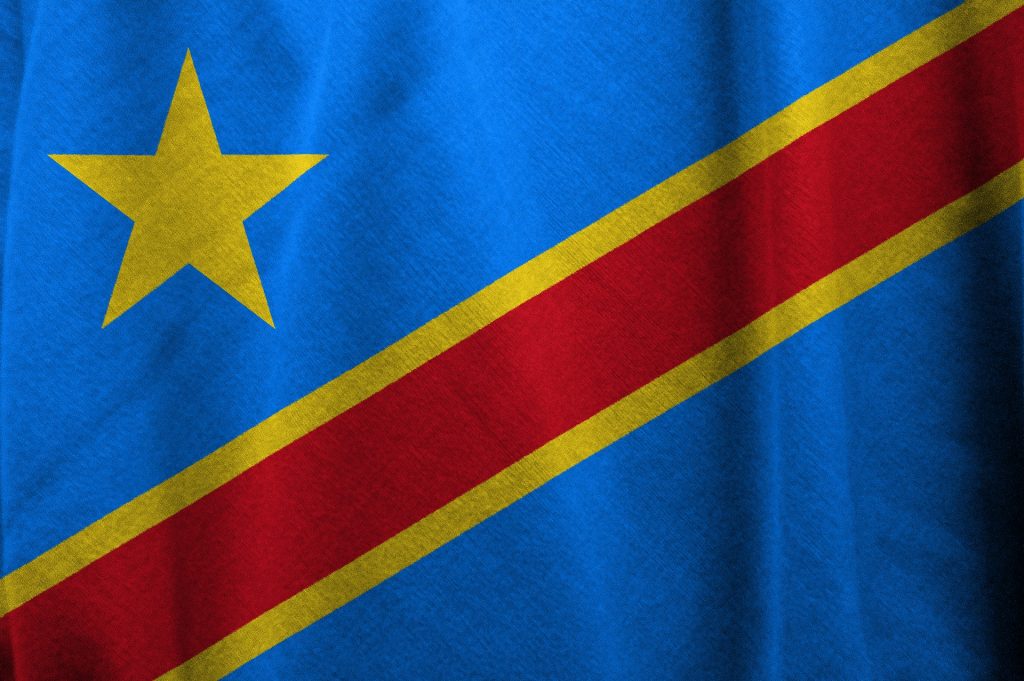An Update on the Situation in the Democratic Republic of Congo (DRC)
On January 23, 2025, the conflict between the March 23 Movement (M23) and the Allied Democratic Forces (ADF) in the Democratic Republic of Congo intensified when Rwanda deployed troops to support the M23 rebels, who were advancing toward Goma, the capital of North Kivu Province in eastern Congo. In response to this aggression, the South African National Defense Force (SANDF), as part of a regional mission, pushed back M23 advances. Unfortunately, in this victory, nine SANDF soldiers and three UN peacekeepers lost their lives. Additionally, reports from the Malawian army indicate that three Malawian soldiers from the Southern African Development Community (SADC) were also killed.
M23 eventually captured Goma on January 27, 2025, and then began their advance toward Bukavu, the capital city of South Kivu. This escalation has further exacerbated the ongoing humanitarian crisis, leading to increased mass displacement, as many residents have fled in search of safety, including those already in internally displaced communities. Reports indicate that essential services such as internet, electricity, and water have been disrupted, and food supplies are rapidly dwindling.
Following the intensified attacks and the capture of Goma, M23 unilaterally announced a humanitarian ceasefire in Kivu, Democratic Republic of Congo, on the evening of Monday, February 3. This ceasefire took effect on Tuesday, February 4, 2025, allowing humanitarian aid delivery to eastern DRC. Furthermore, officials from the DRC and Rwanda participated in an extraordinary joint summit of two sub-regional groups, the East African Community (EAC) and the Southern African Development Community (SADC), held in Dar es Salaam, Tanzania this weekend. According to media reports, the summit concluded with the adoption of a resolution for the regional defense chiefs to provide “technical direction” to enforce an immediate and unconditional ceasefire, cessation of hostilities, and to develop strategies for reopening main supply routes and Goma airport.
The Église du Christ au Congo (ECC)/Church of Christ in Congo, is actively monitoring the current humanitarian ceasefire and the ongoing efforts to establish a permanent ceasefire. The Church is collaborating with local leaders in North Kivu and South Kivu to provide continuous support to internally displaced persons (IDPs) and refugees. However, the ECC has faced challenges with connecting with these leaders due to internet disruptions.
The ECC also issued a statement addressing the security and humanitarian situation in Goma, North Kivu, urging authorities to protect both internally and externally displaced populations. They called on everyone to support humanitarian efforts for those affected by atrocities. The ECC also encourages adherence to the “Social Pact for Sustainable Peace and Good Living Together,” an initiative launched in collaboration with the Conférence Épiscopale Nationale du Congo (CENCO) of the Catholic Church in the DRC. Recently, they held a joint press conference with CENCO, emphasizing the importance of the social pact initiative in promoting peace and harmonious living among neighbors in the region.
The Community of Disciples of Christ in Congo (CDCC) is also monitoring the situation in the east, as the conflict has far-reaching implications for life in Congo, including rising food and goods prices and disrupted access to stable communication. Many students enrolled in vocational training at the CDCC Vocational Training Centre face difficulties with communicating with their families due to the poor connectivity, particularly as these students come from interior areas in Tshuapa, which is approximately 800 km from Mbandaka. The lack of reliable communication has made it challenging for them to stay in touch with their parents.
A citizen states, “We understand that the conflict is largely driven by the value of minerals.” The pressing question is why external parties do not engage with the Congolese government to negotiate access to these resources. Instead, they choose to collaborate with Rwanda, resulting in the tragic loss of innocent lives in the pursuit of gaining what they need from Congo.
Numerous ceasefires and truces have been declared between the DRC government and M23 in the past, but all of them have been broken. Our partners ask that we “keep on praying and talking about Congo” as the quest for a peaceful resolution and justice in the region continues.
Action
Pray for the people of the Democratic Republic of the Congo and our partners.
We urge everyone to join in solidarity with the Congolese people in promoting peace, justice, stability, territorial integrity, and human dignity. Please call, visit, or write to your elected officials to advocate for reforms to promote peace in the eastern region, accountability, and an end to the conflict that has claimed more than 10 million lives over the past three decades.
Additionally, call the congressional switchboard at (202) 224-3121 and request to be connected to your Representative or Senator’s office. Let them know that you oppose any efforts to shut down or end funding for USAID because:
- People will lose access to food, medicine, vaccines, and shelter, leading to unnecessary suffering and, in some cases, loss of life due to this immoral and disconnected decision.
- Malnourished children, individuals living with HIV/AIDS, refugees, pregnant women, and other vulnerable populations will be cut off from essential services that are vital for their survival.
- USAID has consistently provided invaluable humanitarian aid and health support.
Continue to educate yourselves and your congregation by visiting the Global Ministries’ webpages and exploring resources on Congo. Take action via action alerts, participate in our annual Congo Week, engage in small group discussions on the conflict, war, and related Scriptures, and host an Electronics Boycott.
Click here to offer monetary support to our partners serving the needs of those impacted by this dire humanitarian crisis.

